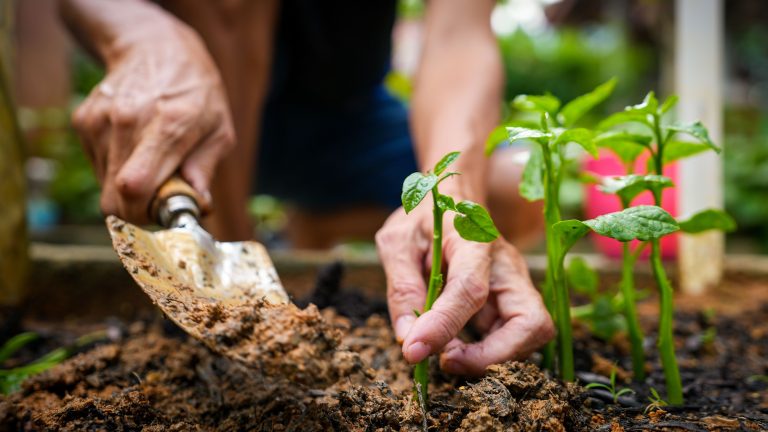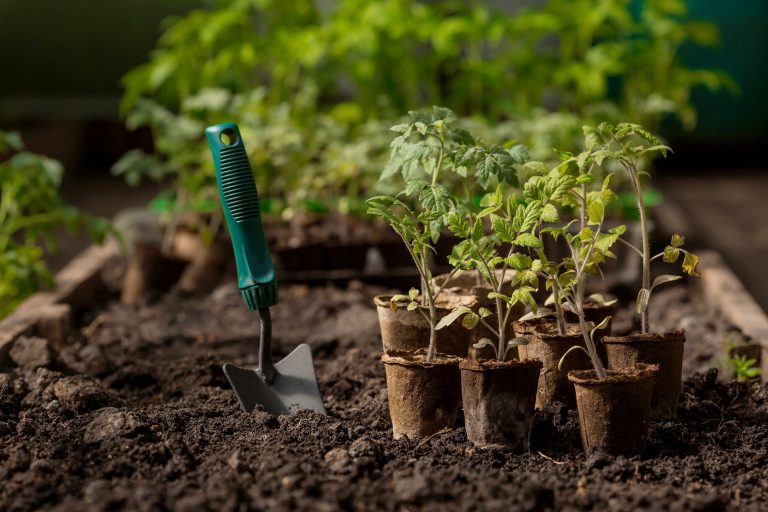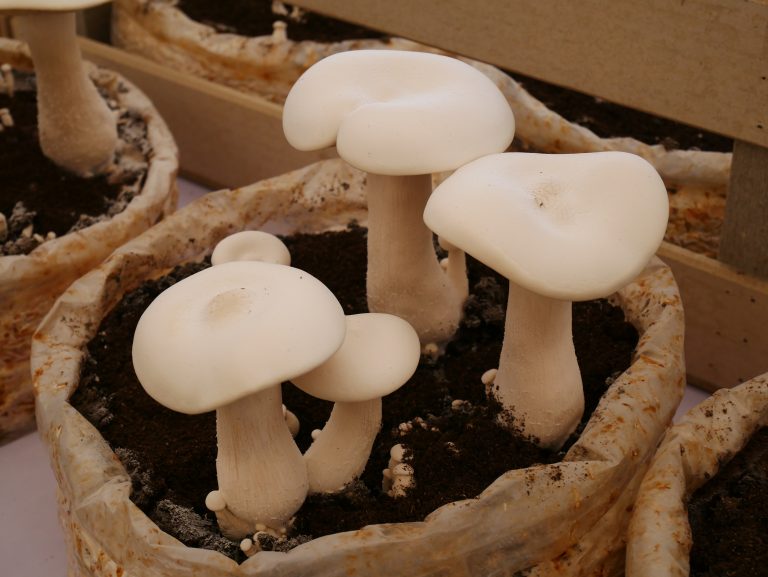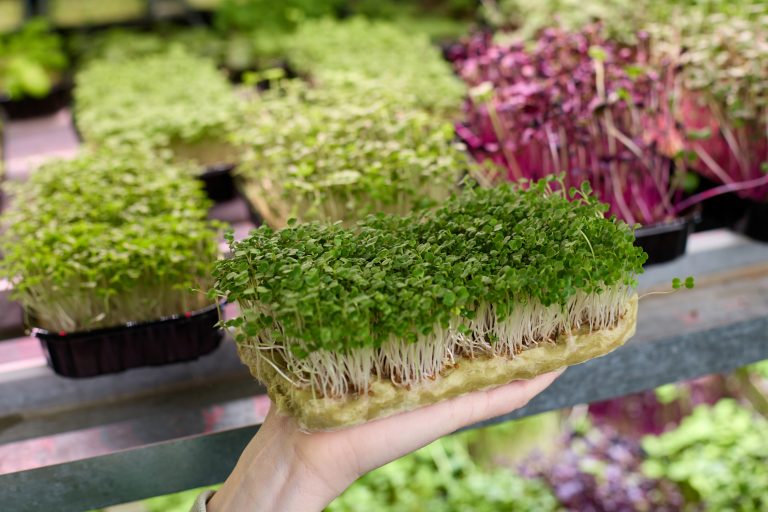9 Key Insights: Is Starting a Mushroom Business Profitable?
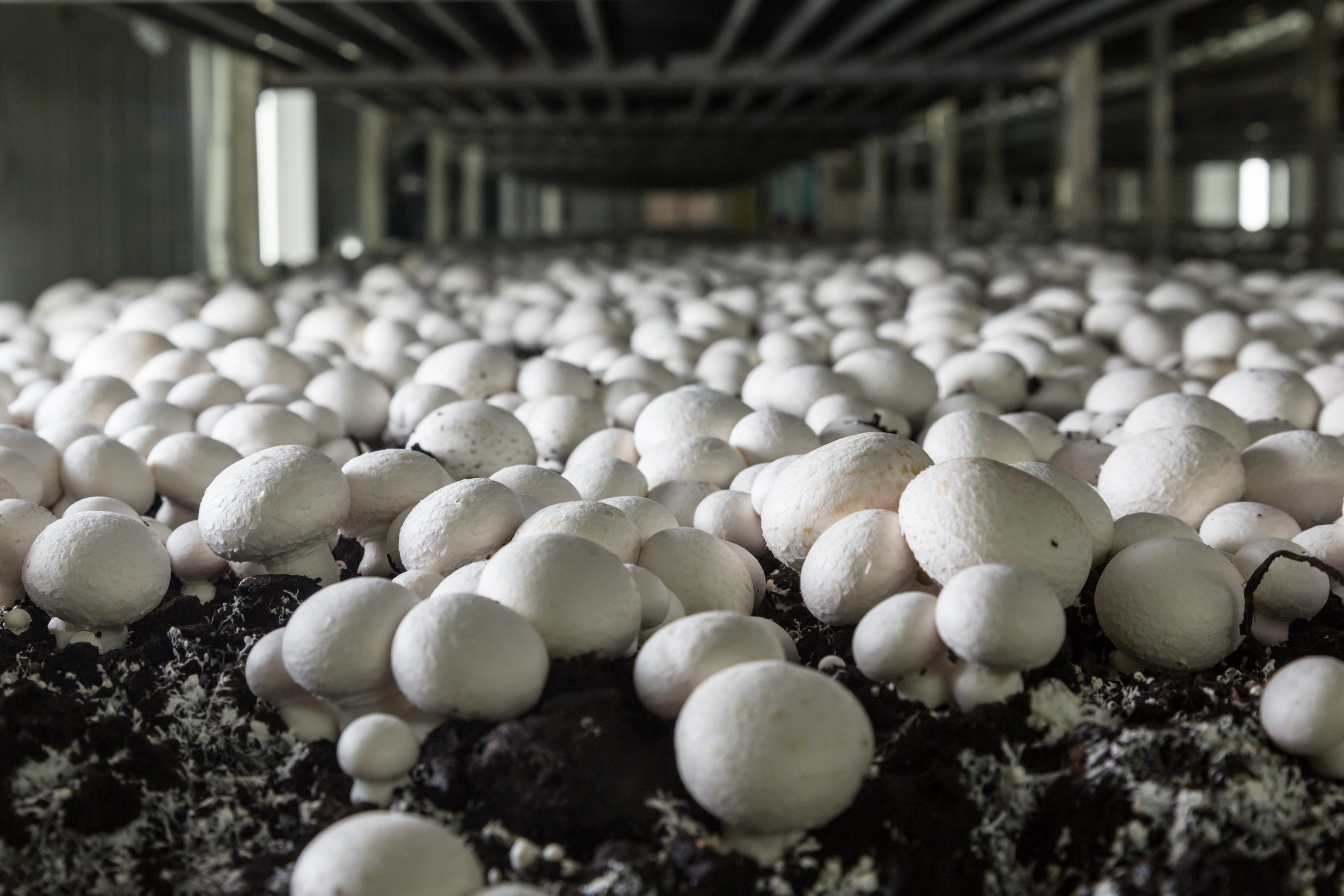
Have you ever considered the world of fungi as a business venture? In this article, we’ll dig into the profitability of starting a mushroom business and uncover some key insights that could help you make an informed decision.
Mycology, the study of fungi, is a fascinating realm, especially when you consider mushrooms as a business. Mushrooms aren’t just for pizza toppings; they’re a versatile food source with a growing fan base. The beauty of fungi is in their diversity and adaptability—qualities that can serve an entrepreneur well. As a novice mycologist, I was mesmerized by the intricate life cycles of mushrooms and their environmental benefits.
Understanding the basics of mycology is crucial because it’s not just about growing a product; it’s about nurturing a living organism that can be finicky. (And let’s be honest, who doesn’t like a bit of a challenge?) With the right knowledge, you could be growing gourmet mushrooms that make foodies swoon and environmentalists cheer.
1. Market Demand Analysis
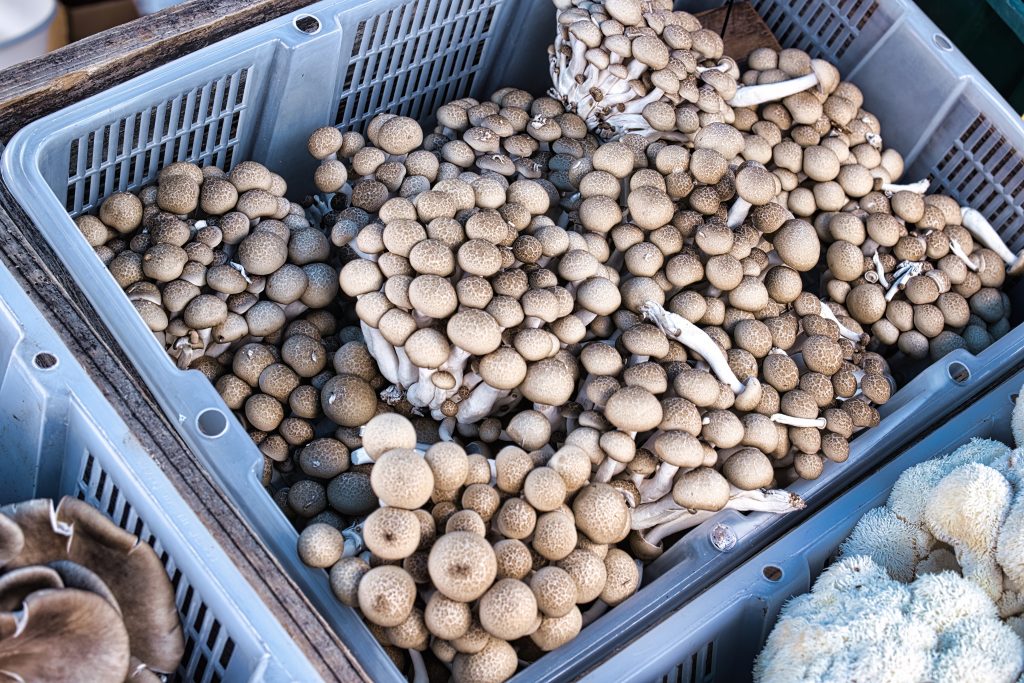
Before you jump into the mushroom market, it’s essential to understand the demand. The popularity of mushrooms is skyrocketing, thanks to their nutritional benefits and culinary versatility. From oysters to shiitake, the varieties are endless, and so are the market niches. But it’s not just about what’s trending.
Hey hey! Don’t forget to subscribe to get our best content 🙂
You’ve got to dig deeper (pun intended) and analyze local and regional markets. What are the restaurants in your area clamoring for? Are there any farmers’ markets or grocery stores lacking in fungal delights? My personal lightbulb moment came when I realized that my local vegan community was starving for high-quality, locally sourced mushrooms.
2. Startup Costs Breakdown
Starting a mushroom business isn’t like planting a money tree, but it doesn’t have to break the bank either. You’ll need to factor in costs for substrates, inoculants, growing containers, and possibly climate control systems. But let’s get real—your biggest investment will be your time and patience.
Starting small and simple can keep initial costs down. I remember spending more on fancy equipment than necessary, only to discover that mushrooms are pretty low-maintenance. The key is to invest smartly in quality materials that will last and avoid the allure of unnecessary gadgets.
3. Choosing the Right Strains
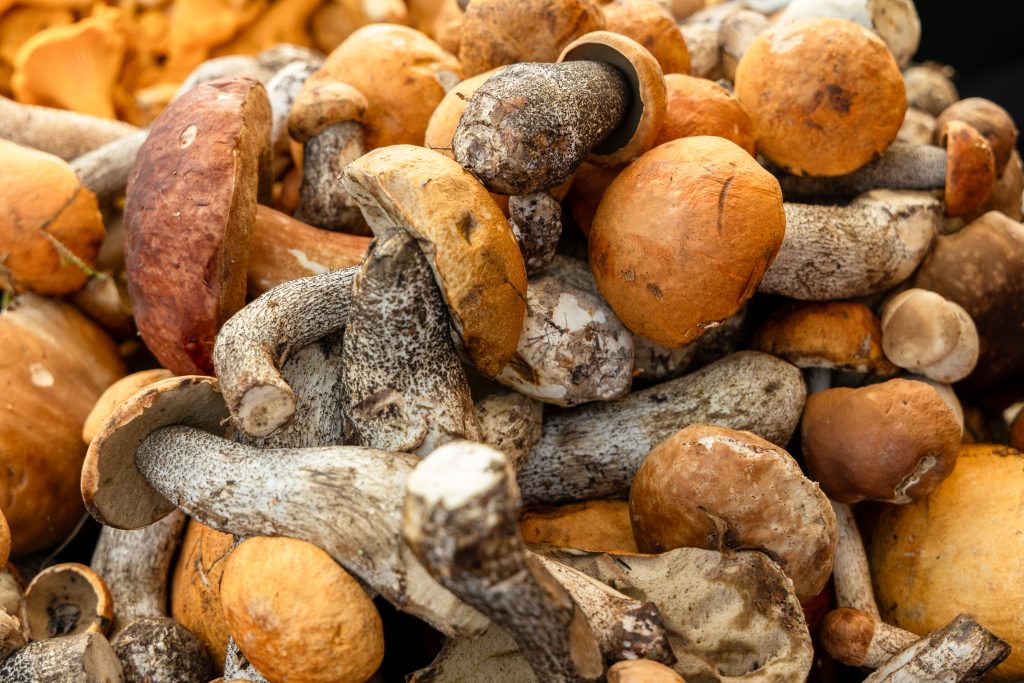
Not all mushrooms are created equal, especially when it comes to profitability. Some mushrooms, like the sought-after morels, can be tricky to cultivate but fetch a high price. Others, like white buttons, are easier to grow but might not bring in as much dough.
Think of it this way: you’re casting a movie, and you need star fungi that’ll draw in the crowds and dependable supporting shrooms that’ll perform well without too much drama. From my experience, starting with a mix of exotic and reliable strains can help balance your risk and keep things interesting.
4. Indoor vs. Outdoor Cultivation
When growing mushrooms, you can go the way of nature and cultivate outdoors or control everything indoors. Each has its perks and pitfalls. Outdoor cultivation can be more cost-effective and sustainable, but you’re at the mercy of Mother Nature. Indoor cultivation, on the other hand, can lead to higher yields and year-round production, albeit with higher initial costs for setup.
I once tried an outdoor patch that got ravaged by squirrels—cute but not helpful. Indoors, you’re like a mushroom DJ, controlling the temperature, humidity, and light to create the perfect party atmosphere for growth.
5. Scaling Your Mushroom Business
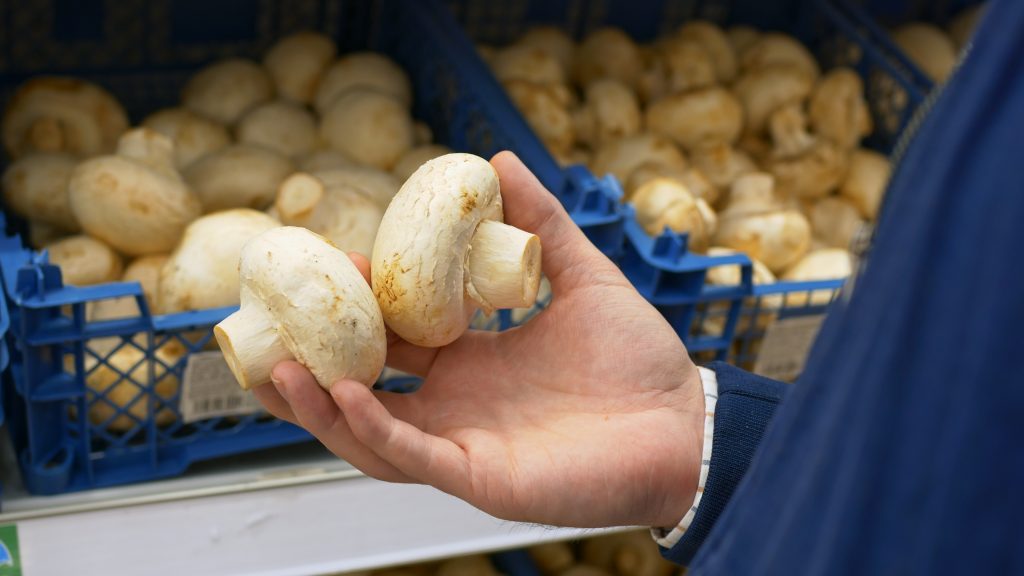
Once you’ve mastered the mushroom, it’s time to think big. Scaling up means more than just growing more—it’s about streamlining your process, finding new markets, and maybe even automating some tasks. Remember, every big business started as a small one.
When I upscaled my operation, I focused on efficiency and consistency. It’s tempting to grow too quickly, but sustainable scaling is like adding compost to your substrate—it should be done thoughtfully and in the right amounts to avoid a stinky mess.
6. Marketing Strategies for Success
Marketing your mushrooms can be as creative as growing them. You’re not just selling a product; you’re selling a story and an experience. Social media is a powerful tool to showcase your beautiful fungi and connect with customers.
Farmers’ markets and local food events can also be great venues for spreading the mushroom love. I’ve found that hosting a ‘meet the grower’ event can turn curious customers into loyal fans. Remember, in the world of marketing, your mushrooms are the stars, and you’re the director trying to make them shine.
7. Managing Production Cycles
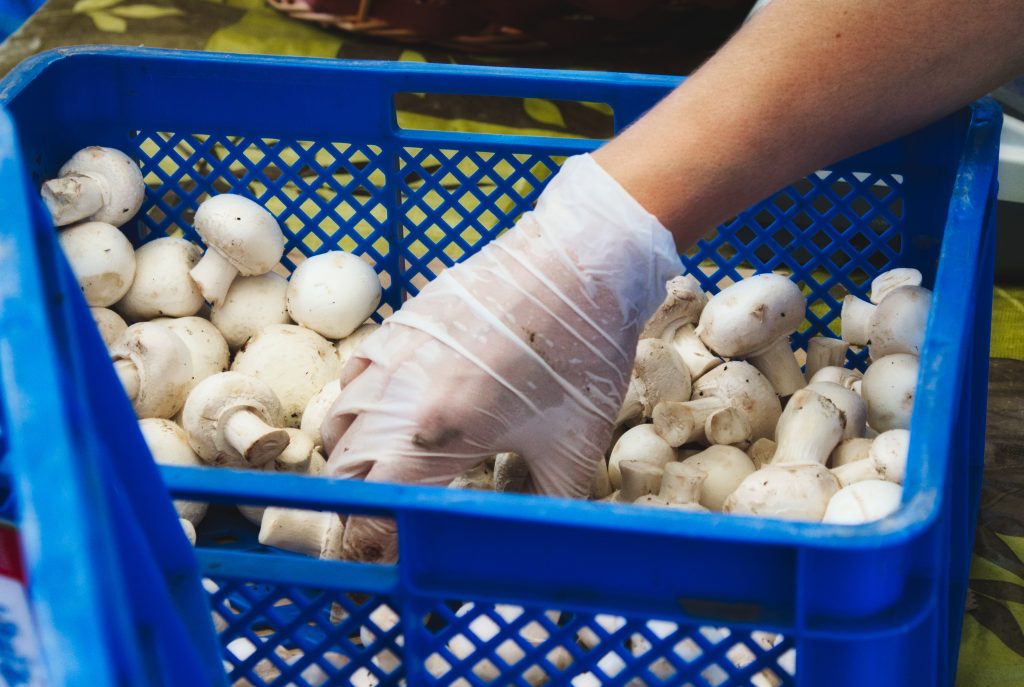
Mushrooms have their rhythm, and understanding their production cycles is key to maintaining a steady supply. Some species have quick turnaround times, while others take longer to mature. It’s like juggling—you’ve got to keep all the balls in the air without dropping any.
A staggered approach to planting can help ensure that you always have products ready to harvest. I learned this the hard way when I had a bumper crop all at once and not enough buyers lined up. Timing is everything, so synchronize your watches to mushroom o’clock!
8. Legal Considerations & Compliance
Navigating the legal maze of starting a mushroom business can be less fun than foraging for wild fungi, but it’s just as important. You’ll need to be aware of local and federal regulations regarding food production and safety. Permits, inspections, and certifications can be part of the deal.
I recommend building a good relationship with local authorities—it can make the process smoother. Think of compliance as the recipe you need to follow to avoid a kitchen disaster. It might not be the most exciting part of the business, but it’s essential for your success.
9. Profitability Case Studies
Finally, let’s talk about the bottom line: profitability. There are plenty of success stories out there. Urban farmers turning rooftops into mushroom goldmines, small-town growers supplying high-end restaurants—endless possibilities. Each case study has its unique strategy, but they all share a common thread: a passion for mushrooms and a smart business plan.
When I interviewed successful mushroom entrepreneurs, their energy was infectious, and their accounts were proof that with the right approach, starting a mushroom business can indeed be profitable.
It’s clear that with the right knowledge, strategy, and a sprinkle of passion, a mushroom business can flourish into a profitable venture. Whether you’re a mycophile or an entrepreneur looking for the next big thing, the world of fungi is ripe for exploration.

